
Close

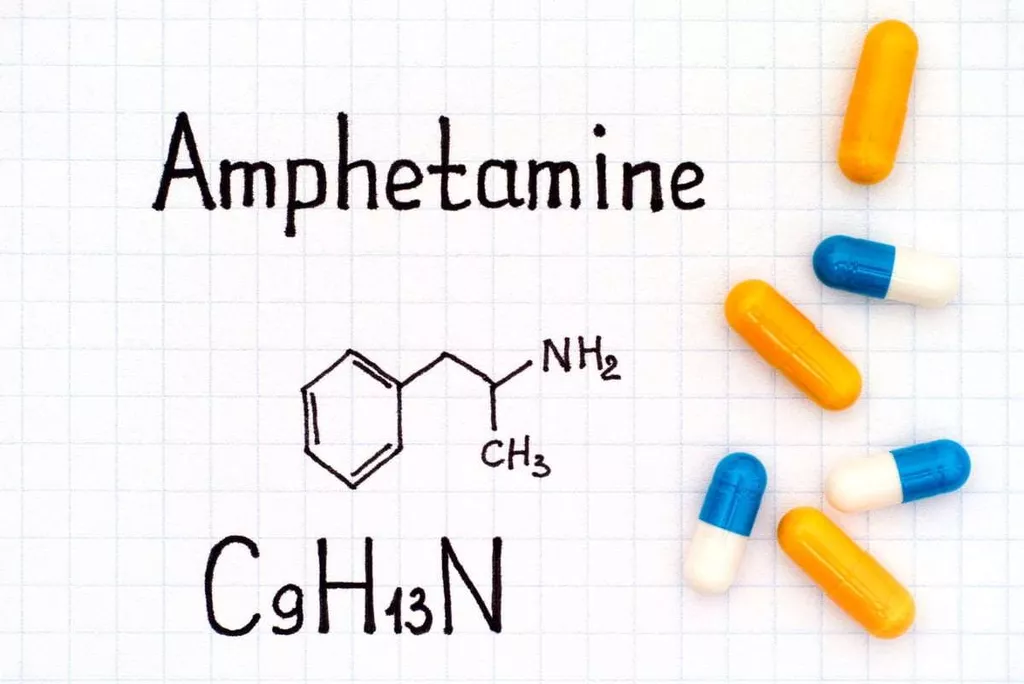
Because alcohol is a known human carcinogen, abstaining from alcohol will eventually decrease your risk of getting cancer. For most heavy drinkers, the first day of not drinking represents a sense of accomplishment and control over their own lives. Let’s go through the timeline of what happens when you stop drinking, sectioned into simple, bite-sized chunks. Alcohol affects many parts of your body, and letting go of it altogether can make a big difference for your risk of multiple health conditions and overall wellness. In some cases, severe alcohol withdrawal may lead to delirium tremens, which is characterized by tremors, confusion and hallucinations. For many people, alcohol has been woven into daily routines, social events and coping strategies for stress.
However, no one should be scared off giving up drinking due to this – the right help for you is out there. You will experience improved sleep, better digestion, noticeable weight loss (assuming you do not replace alcohol with terrible food), and a healthier-looking complexion. So even if you are still struggling with cravings and the psychological battles of quitting alcohol, rest assured you are experiencing the physical health benefits. “After a few months, the brain will begin to return to health,” says Dr. Abramowitz. Your sleep cycle is continuing to improve, so you’re getting even more REM sleep and feeling more rested.
Quitting cold turkey may not be your best option if you find yourself drinking too much, too often and are showing signs of dependency. So, if you’re what happens when you stop drinking trying to crush some weight-loss goals, cutting out the alcohol may help you achieve them faster. Alcohol is a sedative, so if you’re drinking right before you go to bed, you might be thinking that it is helping you sleep — and sleep is good for you, right? The liver can’t perform extraordinary feats of marvel, however, it can only metabolize roughly one standard drink each hour. Any more than that, especially on a regular basis, and you run the risk of damaging your liver.
A nutritious diet, regular exercise, and reducing stress are also of utmost importance, notes Dr. Golberg. If you’re living a sober lifestyle, ensuring you’re staying as healthy as possible in all Halfway house other areas will only magnify those positive effects. The million dollar question, of course, is exactly how much alcohol is problematic?
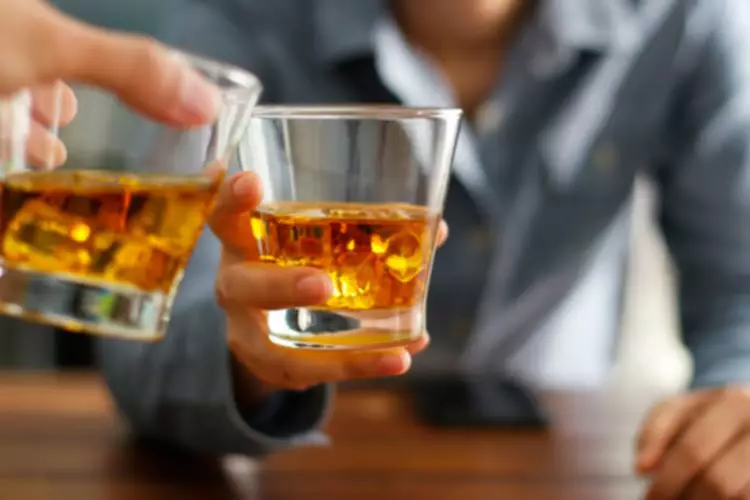
Approximately 3% to 5% of heavy drinkers experience DTs when withdrawing. Ironically, some of the first things you might notice are similar to what happens to your body when you’re drinking. “Anxiety is the most common thing people notice upon stopping,” says Dr. Sharone Abramowitz, MD, a psychiatrist and president of the California Society of Addiction Medicine.

They will initially be milder, with a headache, tremors and mild anxiety being the first symptoms. While mild at first, they will begin to intensify as withdrawal progresses. Even just one bout of drinking too much may weaken your body’s germ-fighting power for up to 24 hours.
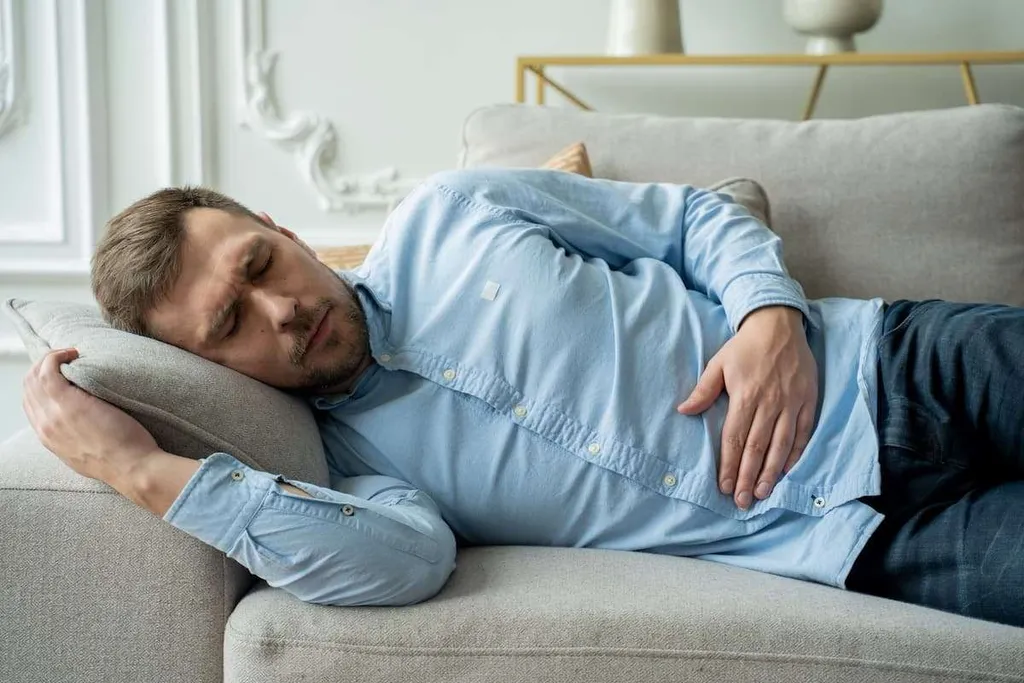
When you stop drinking alcohol, it can put you in control of your diet to choose healthy and nourishing foods. While a little weight fluctuation is not a big deal, it can add up over time. “Drinking less may also make weight loss and long-term weight control easier because alcoholic beverages have empty calories you don’t need,” Elizabeth Ward, RDN of Better is the New Perfect, tells us. Simply skipping on those extra 300 calories each night can help you drop pounds — without making any other changes to your diet. Many sober people say they experience a boost in self-esteem, and improved mental clarity. Sleep patterns stabilise resulting in more consistent and restorative sleep, which alone can have a significant impact on our long-term health.
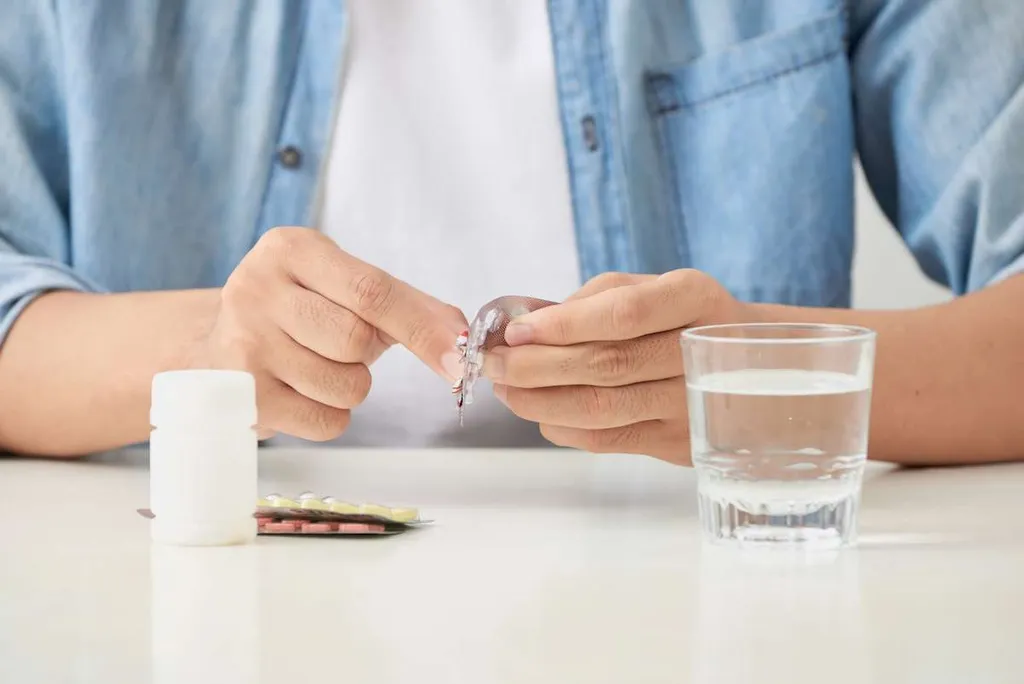
Unlike the effects that regular consumption of alcohol can have on, say, your liver, you can witness the damage it’s doing to your skin with your eyes. The link between alcohol and mental health can be complex though, especially for people who have experienced trauma. So if you’re finding it hard to cut down on your own, or if anxiety, depression or other mental health issues persist, it’s important to see your GP for an accurate assessment and professional care. More and more people are choosing to cut back on alcohol consumption or eliminating it altogether.
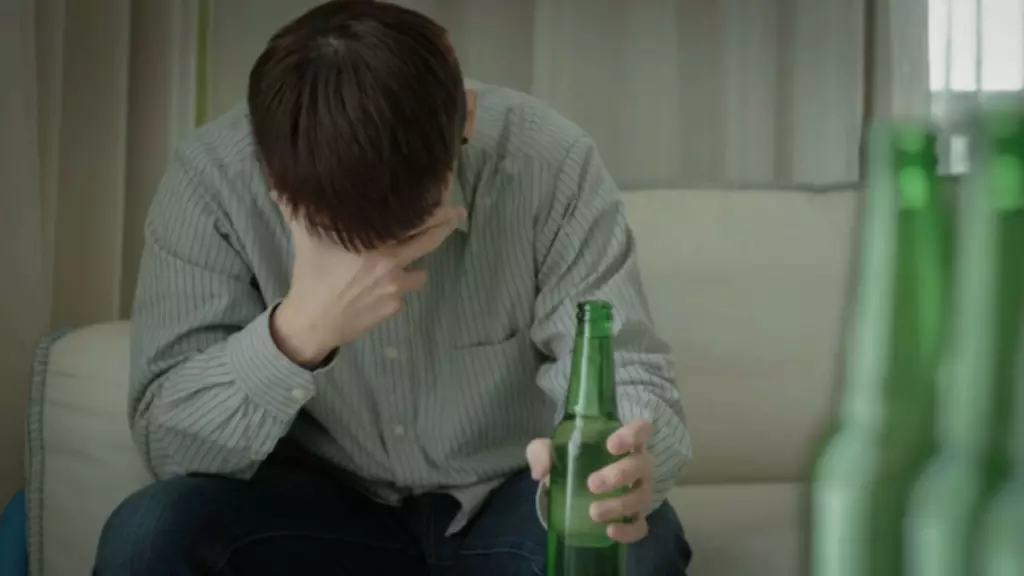
Most of the time, someone’s mild to moderate alcohol withdrawal symptoms will clear up after a few days. However, severe cases of alcohol withdrawal can last much longer, and someone may require medical supervision while they detox. Even though you may initially feel energized after a drink, alcohol is a depressant, meaning that ingesting it can slow brain function. Heavy drinking over time can lead to some pretty severe outcomes, ranging from memory loss to heart disease, liver disease and cancer.

